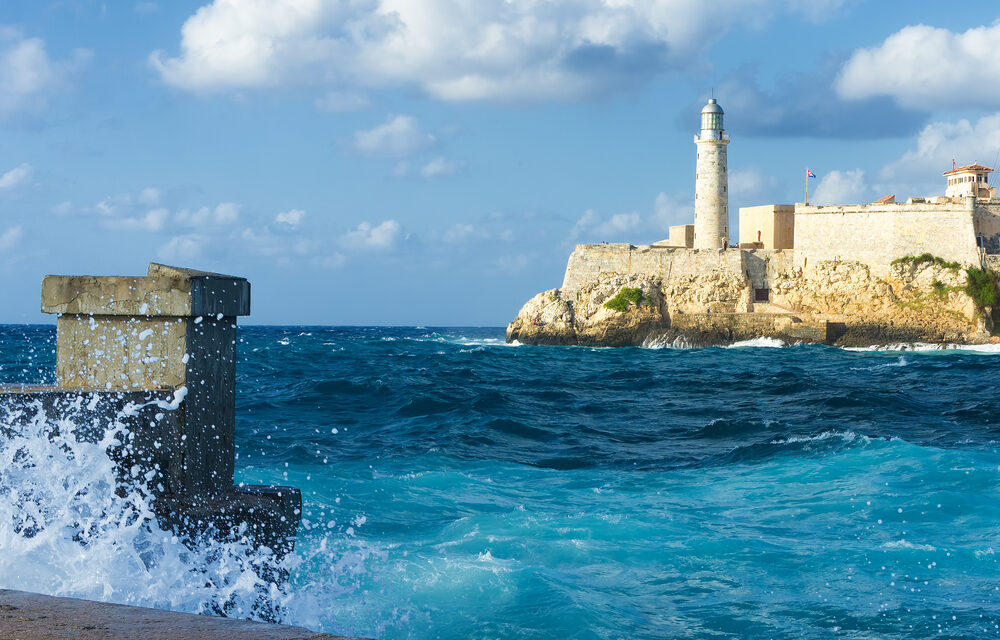A Brief Overview of Cuban History: From Colonial Times to Modern-Day Struggles
Cuba, a vibrant island nation in the Caribbean, boasts a rich tapestry of history. From its initial discovery by the legendary explorer Christopher Columbus in 1492 to its current political landscape, the journey of this nation is a testament to resilience and patriotism.
- The Spanish Era:
For centuries, Cuba remained under the Spanish yoke, serving as one of its crucial colonies in the New World. However, by the mid-1800s, a wind of change began to blow across the island. The Cubans, yearning for independence, engaged in multiple battles against their colonial rulers, though initial victories remained elusive. Leaders like José Martí spearheaded the movement, becoming symbols of hope and resistance.
- The Spanish-American War of 1898:
The turning point came with the mysterious explosion of the USS Maine in Havana’s port in 1898. While initially blamed on a Spanish underwater mine, later investigations cast doubts on this theory. Nonetheless, this incident served as a catalyst, plunging the United States into the Spanish-American War. For Cubans, it represented their fight for freedom, commonly referred to as “La Guerra de Independencia contra España”.
With American intervention, the tide turned. The US forces overwhelmed the Spanish, culminating in the Treaty of Paris later that year. This treaty led to the acquisition of various territories by the US, including Puerto Rico, Guam, and the Philippine Islands. However, Cuba’s fate was different.
- The Birth of a New Nation:
Recognizing the valiant efforts of Cuban revolutionaries who had waged a nearly 50-year war against Spain, and under immense political pressure, the United States granted Cuba its independence on May 20, 1902. A beacon of hope emerged for Cubans as Manuel Estrada took office as the nation’s elected president. But there was a catch – the Platt Amendment. Inserted into the Cuban Constitution, this amendment granted the US the right to intervene in Cuban matters if American national security was deemed at risk.
- Political Upheavals and the Castro Era:
The decades that followed were anything but smooth. Cuba grappled with political instability, marked by corruption, and dictatorships. The Platt Amendment, viewed by many as a tool of American imperialism, was eventually repealed in the 1930s, primarily due to intensive lobbying by Cuban politicians.
However, the mid-20th century brought its challenges. The Castro brothers, Fidel and Raúl, ushered in a communist era. With the Platt Amendment no longer in play, the United States remained on the sidelines. This shift in political ideology resulted in over six decades of challenges, including allegations of human rights violations, for the Cuban people.
Today, Cuba remains a nation of contrast – rich in history, culture, and tales of bravery, yet facing numerous challenges as it navigates the path ahead.




